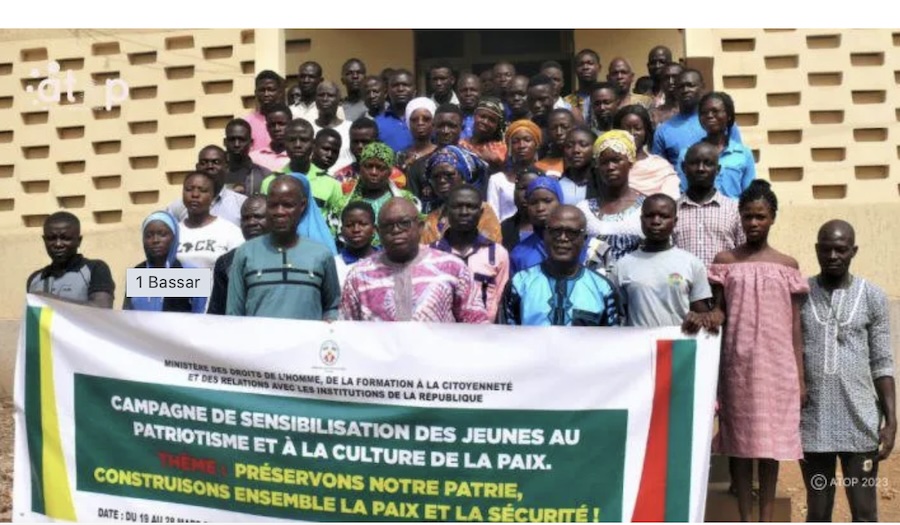FREE FLOW OF INFORMATION .
A report from The Point, Gambia (translation from the French by CPNN)
My dear compatriots,
Tomorrow, April 4, 2024, we celebrate the 64th anniversary of the independence of our country. To everyone, I extend my warm congratulations. I pay tribute to each and every one of you for your attachment to the cardinal virtues of peace and democracy that underpin our daily experience. The significant peaceful changes that we have just experienced demonstrate, once again, the maturity of our people, the vitality of our democracy and the strength of our institutions. We should all be proud of this great performance. This year again, by divine grace, our national holiday takes place under the sign of spiritual communion, with Easter Holy Week which has just concluded Lent and the month of Ramadan which is drawing to a close.
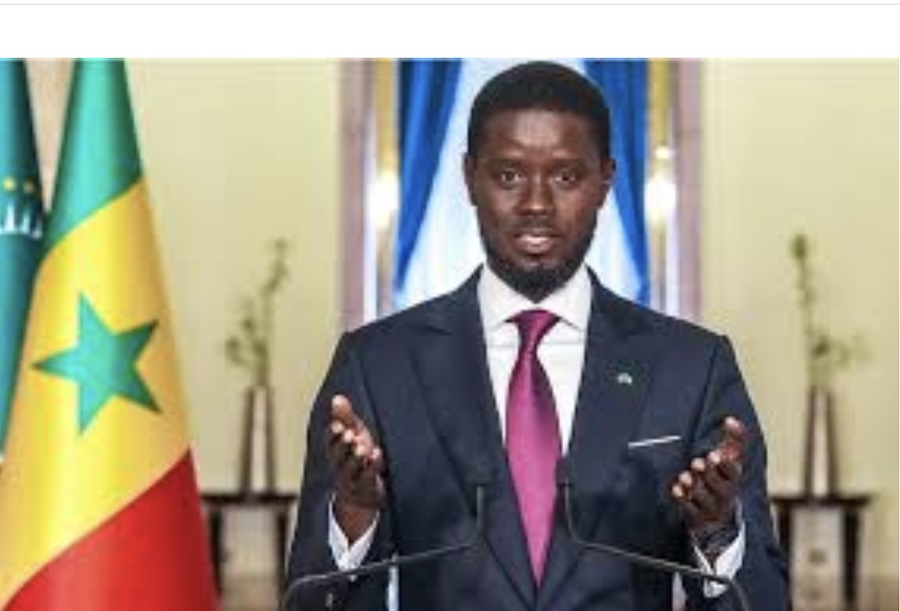
Given the circumstances, instead of the traditional parade, tomorrow I will preside over a simple and symbolic raising of colors ceremony at the Palais de la République. This evening, as we celebrate our newfound freedom, my thoughts go to our valiant resistance fighters, famous or unknown heroes, who, giving themselves body and soul, defied the odious colonial system and its so-called civilizing mission, to defend the freedom of our people and their values of culture and civilization. I would also like to salute with respect and affection our veterans, who sacrificed their youth far from their families, at the cost of their lives and their freedom.
I pay vibrant tribute to my predecessors, Presidents Senghor, Diouf, Wade and Sall, each of whom made his contribution to the work of national construction. It is on the basis of this legacy that I want to continue with you our collective quest for the Senegal of our dreams.
My dear compatriots,
The national holiday honors our Defense and Security Forces.
To you, officers, non-commissioned officers and enlisted personnel, who have chosen the risky profession of arms, I reaffirm the recognition of the Nation. I express to you my pride, my support and my complete confidence in your missions in the service of the homeland, peace in Africa and in the world. I salute the memory of our Jambaars who fell on the field of honor and wish a speedy recovery to the injured. The State will always stand in solidarity with their families, with care and compassion. The theme of this edition, The Armed Forces at the heart of national cohesion, challenges us with its topicality and relevance. It reminds us that beyond the ceremonial, the national holiday is above all an opportunity for individual and collective introspection on our common desire for a common life.
Our Defense and Security Forces, under the Army-Nation concept, symbolizing the diversity and cohesion of their socio-cultural components, offer us a fine example of what Senegalese living together should be like.
As Supreme Chief of the Armed Forces, and guarantor of national unity, I am determined to preserve our living together inherited from our ancestors; because we only have one homeland: Senegal, our common shelter, which we all love, which does not begin with us, and does not end with us.
In this spirit, my role, and I intend to assume it fully, is to reach out to everyone, to bring together, reassure, appease and reconcile, in order to consolidate the peace, security and stability essential to the economic and social development of our dear country. From east to west, from north to south, I hope that our dear Senegal remains united and indivisible, in peace and in harmony with our national motto: One People-One Purpose-One Faith. We owe it to ourselves. We owe it to our children. We owe it to future generations.
This is why our vibrant youth, the beating heart of the nation, will remain at the center of my concerns.
Dear young people of Senegal, I make your dreams, your aspirations, and your legitimate ambitions to succeed in order to be useful to yourselves, your families, your communities and your country my own. Education, career training, employment and entrepreneurship for young people and women remain major challenges to overcome. I will make it a high public policy priority, in consultation with the private sector. To this end, we must revisit existing mechanisms, improve and rationalize them so that they better meet the needs of employment and other income-generating activities for young people.
To encourage job creation, I plan to rely on a strong private sector because it is supported by the STATE. Based on our priority needs, we will work together to endogenize our economy. Of course, the international private sector will have its full role to play. The Senegalese are brave but they are tired and expect solutions from us to combat the high cost of living. The question of the cost of living particularly concerns me and commands my full attention. In the days to come, strong measures will be taken in this direction, after the consultations that I will undertake with the stakeholders concerned.
My dear compatriots, From independence to the present day, our political, institutional and judicial system has experienced many adventures, some happier than others.
(Article continued in the column on the right)
(Click here for the original version in French)
Questions related to this article:
Where in the world can we find good leadership today?
How should elections be organized in a true democracy?
(Article continued from the column on the left)
Sixty-four years later, the time seems come to me to learn the lessons of our successes and our failures for a more modern, more republican public governance and more respectful of human rights. This is why, after resigning from my position as secretary general of PASTEF-Les Patriotes, to put myself above the fray, I will convene broad consultations with the political class and civil society for :
– Reform of the system electoral in particular;
– Replacement of the CENA by an Independent National Electoral Commission (CENI) with a strengthening of its operating means and its prerogatives;
– Rationalizatio of the number of political parties, as well as their financing;
– Registration of citizens on the electoral register concomitantly with the issuance of the national identity document
“Moreover, to restore the image of justice, give it the value it deserves and reconcile it with the people in whose name it is rendered, I intend to organize meetings bringing together the professions of the profession (magistrates, lawyers, bailiffs , clerks and other justice officials), university professors and citizens to identify possible solutions to justice problems.
In the quest for a better Senegal for the benefit of all, I intend to establish virtuous governance, based on the ethics of responsibility and accountability. In addition, I will without delay initiate a bold policy of good economic and financial governance through:
– A relentless fight against corruption;
– Criminal repression of tax evasion and illicit financial flows;
– Protection of whistleblowers;
– Fight against the embezzlement of public funds and money laundering;
– Amnesty of nominees and their profit-sharing under the condition of self-denunciation;
– Publication of reports from the IGE, the Court of Auditors and OFNAC.
Likewise, the exploitation of our natural resources, which, according to the constitution, belong to the people, will receive particular attention from my government. Thus, in addition to the already effective posting of mining, oil and gas contracts online, on the EITI Senegal website, I will carry out the disclosure of the effective ownership of extractive companies, in accordance with the EITI Standard, at audit of the mining, gas and oil sector and more sustained protection of local content for the benefit of the national private sector. Furthermore, I would like to tell all our private partners that they are welcome in Senegal.
In accordance with the laws and regulations in force, the rights of the investor will always be protected, as will the interests of the State and the populations.
To our friendly and partner countries, I would like to assure that Senegal remains an open and welcoming country for all.
We will constantly strive to maintain and strengthen good neighborly relations and active solidarity within our community organizations, notably ECOWAS and UEMOA.
Heirs to the pan-Africanist ideal of Cheikh Anta Diop and Léopold Sédar Senghor, one of the founding fathers of the Organization of African Unity, we remain firmly committed to the construction of African integration and the achievement of the objectives of the Zone. of African continental free trade.
Our foreign partners from all walks of life are of equal dignity to us. We owe everyone respect and consideration. And we ask for respect and consideration from everyone. We will remain committed to fairer and more inclusive global governance, respecting the equal dignity of the values of cultures and civilizations.
My dear compatriots,
The national holiday, symbol of our sovereignty, reminds us that we are alone in the face of our destiny, and that no one will do for us what we are not willing to do for ourselves. We have the historical responsibility to consolidate our sovereignty by breaking the chains of economic dependence through the permanent cult of work and results. In this spirit, the Administration must act at all levels in a more welcoming and more efficient manner for users of the public service. We must ban from our practices undue procedures and formalities which alter the effectiveness of the State.
With this objective, we intend to invest massively in the digitalization of services and administrative procedures. Likewise, there is an urgent need to gain our food sovereignty by investing more and better in agriculture, fishing and breeding, the three nourishing breasts of our country.
I am particularly keen to ensure that the substantial subsidies spent each year in the agricultural campaign benefit real producers and not intermediary players.
Ultimately, my dear compatriots, the independence that we celebrate tomorrow is certainly a festive event, but also and above all a test of resilience and greatness for the nation. Our merit and our honor is to pass the test, displaying resolute confidence in ourselves, to overcome our fears and our doubts, to overcome the obstacles before us, and to continue together our united march towards our common destiny, hand in hand, shoulder to shoulder. This is what I invite you to do, in the communion of hearts and minds. Long live Senegal, in peace and security, united, free and prosperous!
Good evening and happy Independence Day.
– – – – – –
If you wish to make a comment on this article, you may write to coordinator@cpnn-world.org with the title “Comment on (name of article)” and we will put your comment on line. Because of the flood of spam, we have discontinued the direct application of comments.
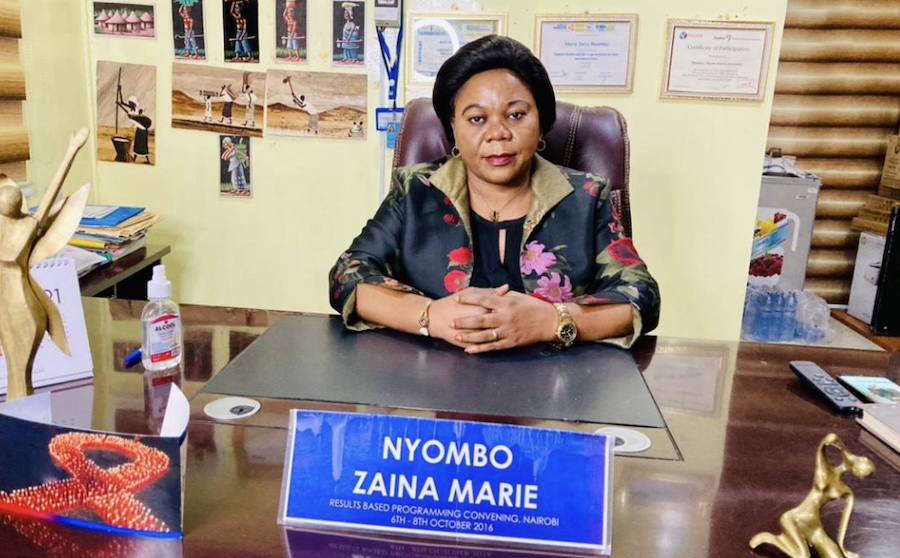 Marie Nyombo Zaina
Marie Nyombo Zaina 
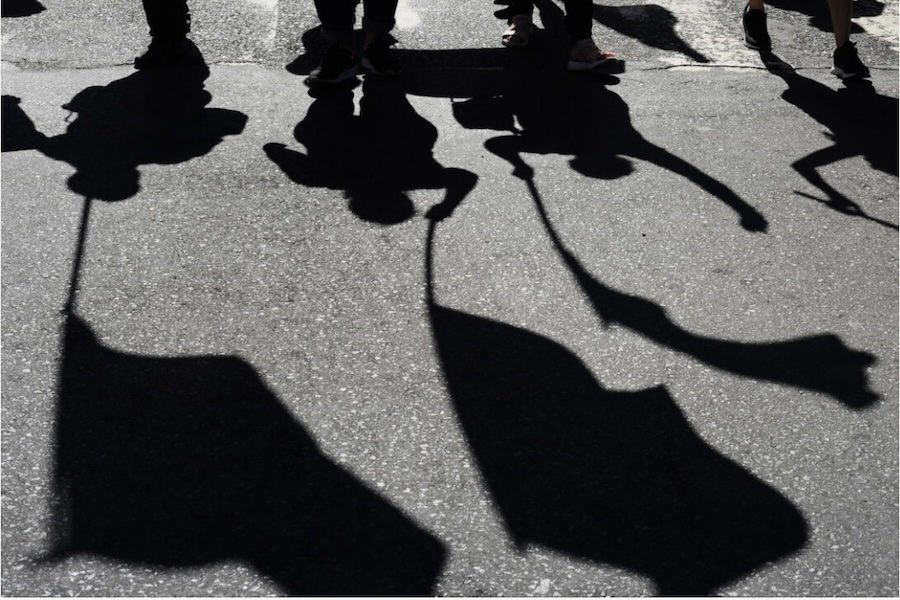






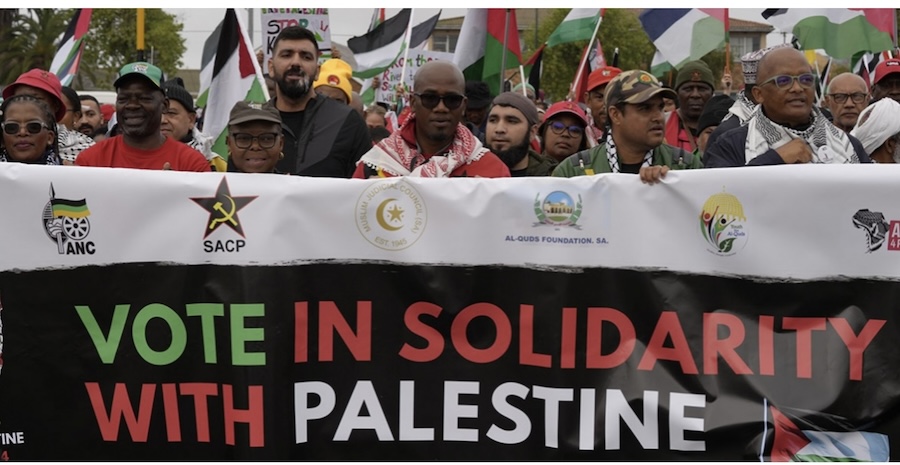



























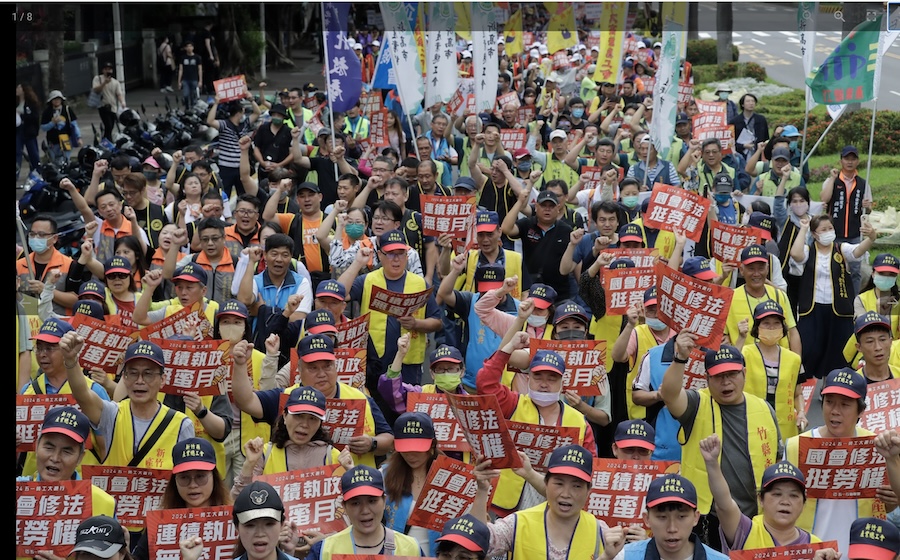



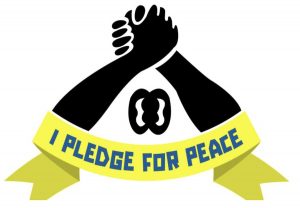


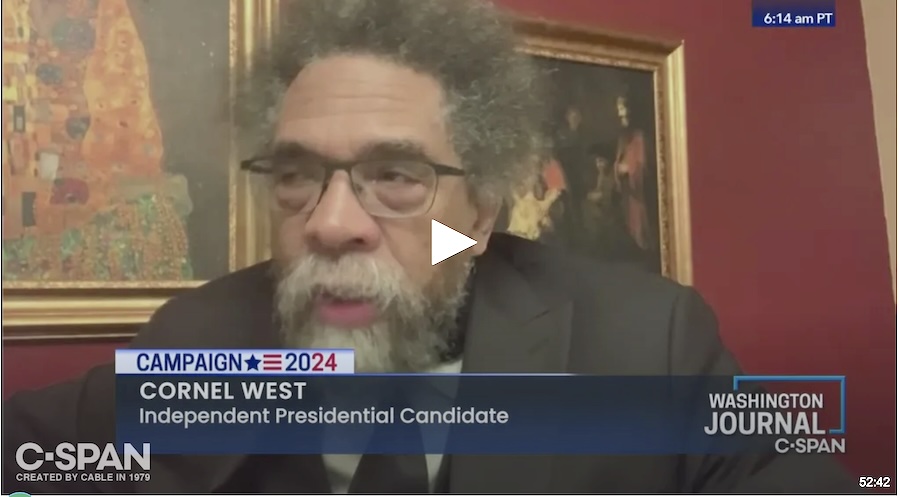 Video of interview
Video of interview

